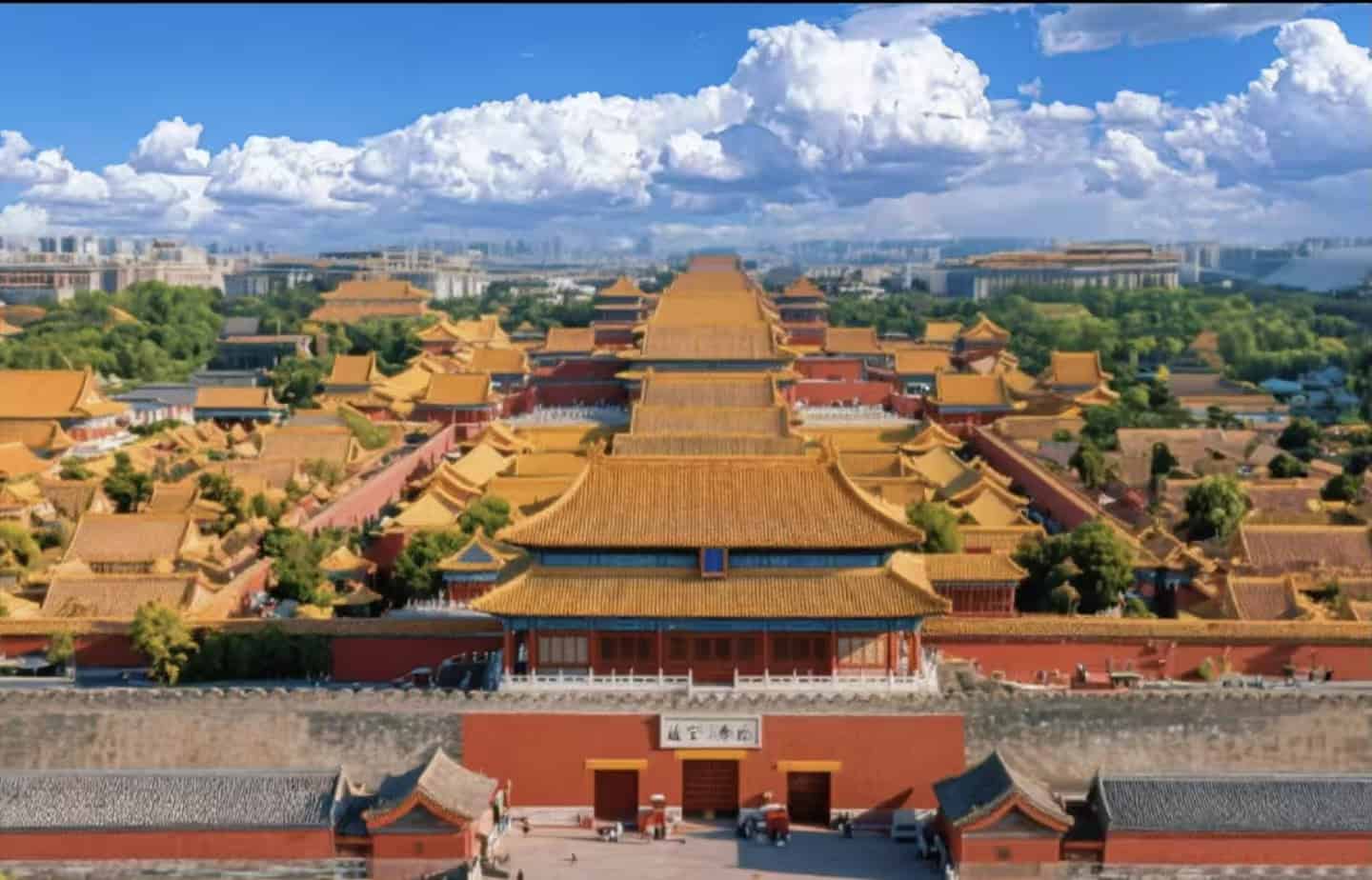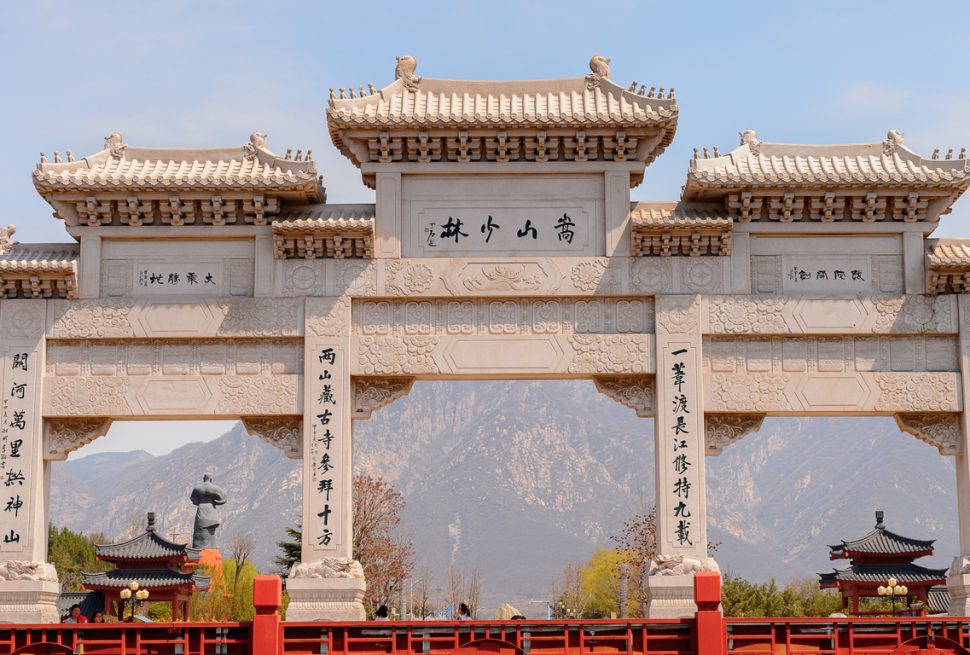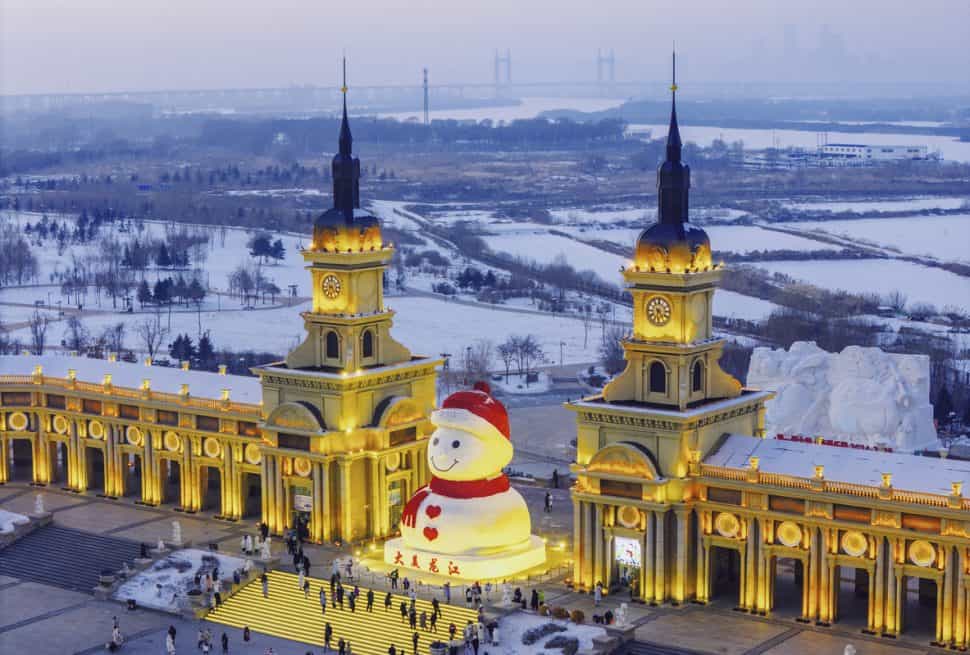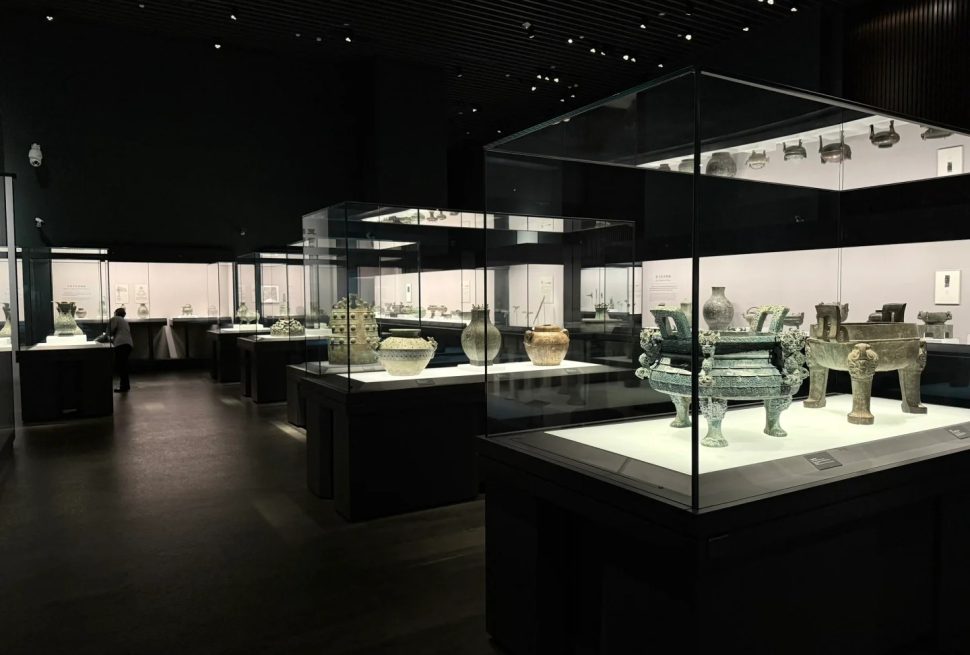Why Beijing Might Be the Safest Mega-City You’ll Ever Visit: An Honest Guide
You’re dreaming of the Great Wall, the Forbidden City, and sizzling street-side jianbing. You’re ready to book your adventure. But then, you pause. You’re looking at a "mega-city" of over 21 million people. Your mouse hovers over the "confirm" button as you ask the big question: "But is it safe?"
Let’s be direct: Beijing is not just "safe" in the way London or Paris are "safe." It is exceptionally safe.
We’re talking about a level of public order and personal security that is almost unparalleled among world capitals. This isn't just a background detail; it's a central feature of the Beijing travel experience. It’s a city where you can explore with a rare peace of mind, allowing for a level of immersion—from solo strolls in ancient alleyways to enjoying a late-night snack—that is a luxury in itself.
But don’t just take our word for it. Let's look at the facts.
Beijing by the Numbers: Deconstructing Safety with Data
That feeling of security you get on a Beijing street isn't just an illusion; it's a measurable, statistical reality.
Recent official reports paint a clear picture of a nation focused intently on public safety. In January 2025, China's Ministry of Public Security (MPS) announced a staggering 25.7% decline in criminal cases in 2024 compared to the previous year.
An MPS spokesperson stated plainly, "China is one of the countries with the lowest homicide rate, the fewest gun and explosive-related cases and the lowest rate of criminal crimes".
Let's drill down on that homicide rate—often the most telling statistic for a traveler’s risk of random violent crime. In July 2025, officials confirmed that China’s homicide rate in 2024 was just 0.44 per 100,000 people.
To put that number in perspective, it is among the lowest in the entire world. It’s a fraction of the rate found in most Western nations. This single data point is one of the best indicators of your freedom from danger.
Independent global rankings confirm this. The 2024/2025 "Safest Cities in the World" ranking from CEOWorld placed Beijing at 48th globally, ahead of many major European and American cities, with a high safety score of 90.61. Other travel analysts agree, noting that "Global crime statistics rank major Chinese cities among the world's safest, with Beijing and Shanghai reporting lower crime rates than most European capitals".
A Critical Insight: Decoding Western Travel Advisories
Now, let's address the elephant in the room. You might Google "Is Beijing safe?" and see your home government—whether from the U.S., Australia, or Canada—issue a "Level 2" or "Exercise a high degree of caution" warning.
This is where expert guidance is crucial. You must read why these advisories exist.
They are not about street crime.
You will not find warnings of muggings, carjackings, or violent assaults. Instead, the advisories cite risks "due to arbitrary enforcement of local laws, including in relation to exit bans" and "broadly defined National Security Laws".
These are political and legal risks, not personal safety risks. They are aimed at individuals involved in complex business disputes, journalism, or political activism. For the average tourist on a guided vacation to see the Great Wall, this is a non-issue.
In fact, these same advisories quietly support our argument. The UK Foreign Office, in the same warning, states clearly: "Serious crime against foreign nationals is relatively rare". The U.S. State Department advisory saves its main crime warning for pickpocketing on crowded subways.
This distinction is everything. The biggest threat in a Beijing subway is a hand in your pocket, not a threat to your person—a risk you face in any major city.
The "Feel" of Safety: What Statistics Can't Tell You
Beyond the data, safety in Beijing is a tangible feeling. It's the absence of the low-level anxiety many of us carry when traveling.
The Midnight Walk Testimonial
This is the ultimate test of a city: what does it feel like after dark? Travel blogs and expat forums are in universal agreement: "Yes! Beijing is very safe at night".
Imagine this: It’s 11:00 PM. You’re walking back from a sizzling hotpot dinner through an ancient, dimly lit hutong (alleyway). You’re not clutching your bag. You’re not looking over your shoulder. You’re just enjoying the stroll, passing families chatting on their steps and the distant clatter of a late-night noodle shop. This profound lack of "street-level" tension is a defining feature of the city.
The Solo Female Traveler Experience
For solo female travelers, Beijing is often a revelation. As one travel blog notes, "For women travelers, China feels surprisingly comfortable. Unlike in some countries, you won't experience much unwanted attention - catcalling is uncommon". This is a massive point of reassurance.
The consensus from female travelers, including one who explored 19 different provinces, is that China is "a very safe country for travelers". The primary risk is not personal assault, which is noted as rare, but petty theft in crowded areas.
The Teenager Test
One of our own tour partners recalls his first trip to Beijing as a 16-year-old, navigating the vast subway system alone to meet a friend. He remembers not a sense of danger, but a sense of order—spotless stations, clear signage, and passengers who were either engrossed in their phones or napping, not sizing up a potential target.
A note on honesty: This overwhelming safety doesn't mean you should abandon all common sense. As expat forums point out, in the popular nightlife districts like Sanlitun, it's wise not to walk alone very late at night, as rare incidents have been reported. But this is the same advice you’d get for any city on earth.
The Anatomy of Order: Why Beijing Feels So Safe and Clean
This atmosphere of safety and order is no accident. It is the direct result of deliberate, state-level policy and massive municipal investment.
A Government Priority
Public safety is a cornerstone of the Chinese government's "solemn promise" to its citizens. This national focus on "maintaining social order" and modernizing public security translates into a well-funded, highly visible security apparatus. As expats report, "police and security personnel are seen everywhere".
This is coupled with "widespread CCTV surveillance". For a tourist, this comprehensive system functions as an extraordinarily powerful deterrent against the exact kinds of opportunistic street crime—muggings, assault, vandalism—that plague other tourist capitals.
Immaculate Public Spaces
You will also be struck by the cleanliness. The near-total absence of trash, graffiti, and vandalism is a key part of the psychological feeling of safety.
This, too, is policy. Beijing operates under compulsory "Municipal Solid Waste Regulations". The city utilizes high-tech, large-scale waste treatment facilities, like the Chaoyang Circular Economy Industrial Park, to manage its sanitation with incredible efficiency.
Similarly, the visible street homelessness common in many Western cities is rare in Beijing. This is due to a complex mix of social policies, including the hukou (household registration) system and government assistance programs, but also rules that actively discourage sleeping in public spaces.
The result for you, the traveler, is an environment that feels orderly and cared for, which directly contributes to your peace of mind.
Your Smart Traveler's Guide: An Honest Warning on Low-Level Scams
To be your expert guide means being an honest one. The risk in Beijing is not to your personal safety. It is not violent. The real risk—and it's a persistent one—is a network of low-level scams targeting unsuspecting tourists.
Your safety is secure, but your wallet needs a game plan. Here is how you spot and avoid them like a pro.
Scam 1: The "Tea House" & "Art Student" Scam (The Classic)
- How it Works: You’ll be in a major tourist area like Wangfujing Street or near the Forbidden City. A friendly, well-dressed person (or pair) will approach, claiming to be "students" or "art teachers". They will be charming, speak excellent English, and invite you to a "local" tea ceremony or to see their "art".
- The Trap: You'll be taken to a private room, served tea, and then presented with an exorbitant, non-negotiable bill—sometimes for hundreds or even thousands of dollars.
- How to Avoid: The rule is simple and absolute: Never follow a stranger to a second location, no matter how friendly they are. Politely and firmly decline.
Scam 2: The Taxi & Rickshaw Racket
- How it Works: Unlicensed "black cabs" or aggressive rickshaw drivers will target you at airports, train stations, or tourist sites. They will refuse to use the meter, have a rigged meter, or agree on a price and then claim it was "per person".
- How to Avoid:
- Use Licensed Cabs Only: A licensed Beijing taxi's license plate always starts with the letter "B".
- Insist on the Meter: Before you get in, point to the meter and say "Dǎbiǎo" (dah-byow). If the driver refuses, find another cab.
- Use Ride-Hailing Apps: Your best and safest bet. Use Didi (China's equivalent of Uber) to lock in your price and route before the car even arrives.
Scam 3: Market Overcharging (The "Foreigner Price")
- How it Works: In tourist-heavy "fake markets," haggling is part of the culture. But the starting price for a foreigner can be "several 100%" higher than for a local.
- How to Avoid: This isn't really a "scam" so much as a game. Know the rule: offer 10-20% of the first price they give you. Be polite, smile, and be prepared to walk away. They will almost always call you back.
Scam 4: Fake Monks
- How it Works: Individuals dressed as monks will approach you near temples, offering amulets or to read your fortune. They will then aggressively demand a large "donation".
- How to Avoid: Real monks do not solicit donations on the street. Ignore them completely.
Your Beijing Emergency Toolkit: Key Numbers to Save
Peace of mind is priceless. In the extremely unlikely event you need help, you must have the right numbers. 911 does not work in China.
Save these to your phone right now:
And here’s an expert tip: Don't panic about the language barrier. In major cities like Beijing, the 110 (Police) hotline often has English-speaking operators or can transfer you to one. For medical help, you can ask for "English" on 120.
The Verdict: Travel with Confidence
Beijing's exceptional public safety record isn't a matter of opinion. It is a fact supported by data, visible government policy, and the overwhelming experience of millions of travelers.
The "cautious" warnings you read online are about political nuances, not the street-level reality you will experience. The real risk is a handful of avoidable, non-violent scams.
Because you don’t have to waste energy worrying about your personal safety, you are free to truly explore. You can immerse yourself in the culture, eat at that late-night market, and wander the ancient alleyways with a peace of mind that is, perhaps, the ultimate travel luxury.
Stop worrying and start exploring. Our expert-guided tours handle all the logistics, so you can focus on the wonder of Beijing, not the "what-ifs."
Click here to see our upcoming Beijing itineraries and travel with total confidence.




